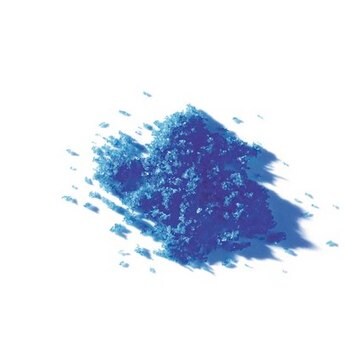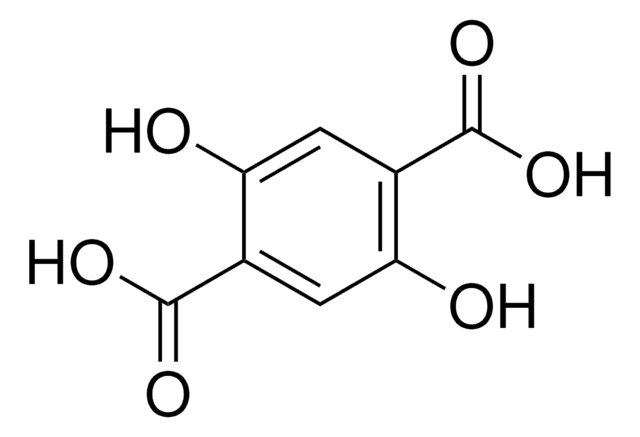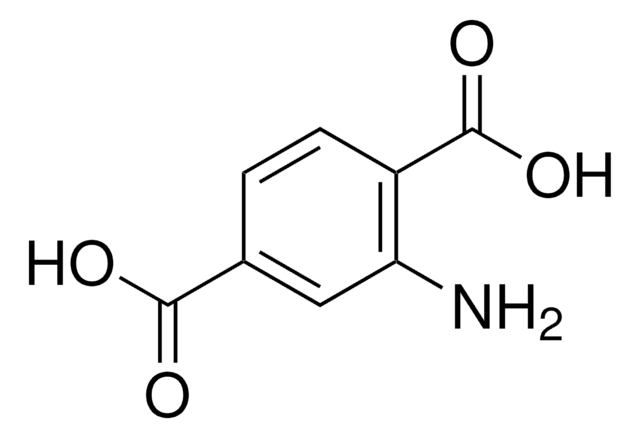Wichtige Dokumente
940143
Copper(II) nitrate trihydrate
≥99.9% trace metals basis
Synonym(e):
Copper dinitrate trihydrate, Copper(2+) nitrate trihydrate, Cupric nitrate trihydrate
About This Item
Empfohlene Produkte
Qualität
for analytical purposes
Qualitätsniveau
Assay
(iodometric, redox titration)
≥99.9% trace metals basis
Form
(Crystal or Powder)
Löslichkeit
water: soluble
Anionenspuren
chloride (Cl-): ≤20 ppm
sulfate (SO42-): ≤50 ppm
Kationenspuren
Al: ≤10 ppm
Ca: ≤10 ppm
Cd: ≤10 ppm
Cr: ≤10 ppm
Fe: ≤10 ppm
K: ≤10 ppm
Mg: ≤10 ppm
Mn: ≤10 ppm
Na: ≤30 ppm
Ni: ≤10 ppm
Pb: ≤10 ppm
Si: ≤10 ppm
Zn: ≤10 ppm
SMILES String
[Cu+2].[N+](=O)([O-])[O-].[N+](=O)([O-])[O-].O.O.O
InChIKey
SXTLQDJHRPXDSB-UHFFFAOYSA-N
Allgemeine Beschreibung
Anwendung
Signalwort
Danger
H-Sätze
Gefahreneinstufungen
Aquatic Acute 1 - Aquatic Chronic 2 - Eye Dam. 1 - Ox. Sol. 2 - Skin Corr. 1B
Lagerklassenschlüssel
5.1B - Oxidizing hazardous materials
WGK
WGK 3
Flammpunkt (°F)
Not applicable
Flammpunkt (°C)
Not applicable
Hier finden Sie alle aktuellen Versionen:
Analysenzertifikate (COA)
It looks like we've run into a problem, but you can still download Certificates of Analysis from our Dokumente section.
Wenn Sie Hilfe benötigen, wenden Sie sich bitte an Kundensupport
Besitzen Sie dieses Produkt bereits?
In der Dokumentenbibliothek finden Sie die Dokumentation zu den Produkten, die Sie kürzlich erworben haben.
Unser Team von Wissenschaftlern verfügt über Erfahrung in allen Forschungsbereichen einschließlich Life Science, Materialwissenschaften, chemischer Synthese, Chromatographie, Analytik und vielen mehr..
Setzen Sie sich mit dem technischen Dienst in Verbindung.










